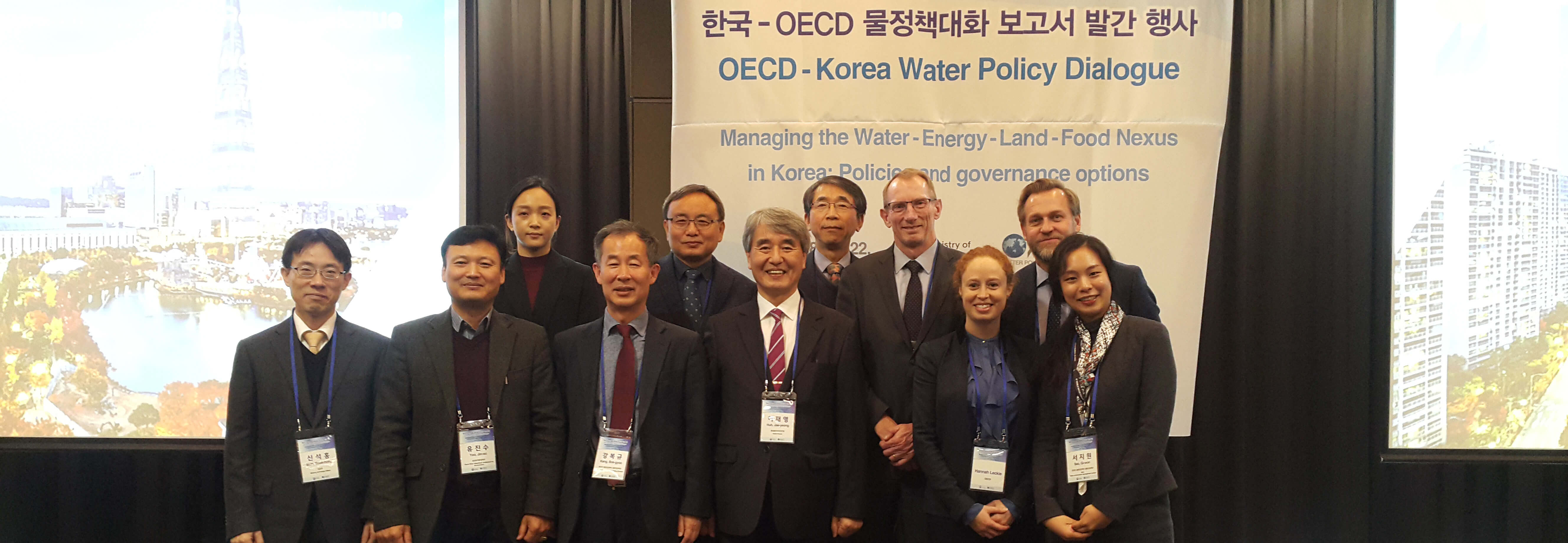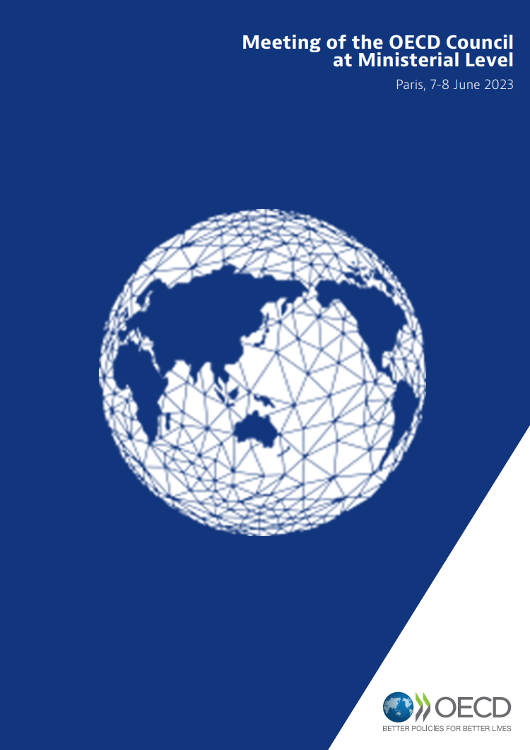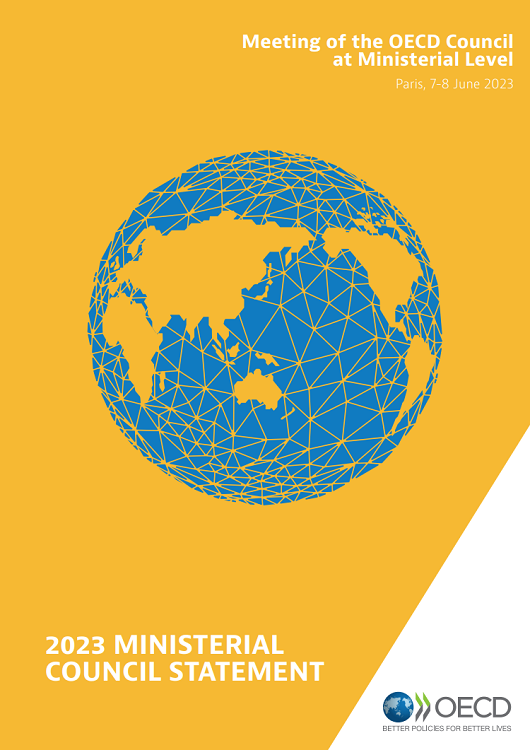
Water management in Korea: from goals to action
The OECD and partner institutions helped guide Korea’s government with key policy and governance recommendations to reform water management.
What's the issue?
Despite the impressive development of water infrastructure and management in recent decades, Korea faces a number of threats to water security, now and in the future.
Korea’s population density and water scarcity are both the highest among OECD countries. Water in river basins is fully, or close to fully, allocated. This poses a problem for an increasing population and demand for water. Diffuse pollution, mostly from livestock and urban storm water run-off, increasingly contaminates already scarce water resources. Korea is also more vulnerable to flooding than other OECD countries. Over the last decade, flood damages totalled USD 4.35 billion and affected almost 200,000 people. Climate change and urbanisation increase water-related risks, and an ageing population and recent slow-down in economic growth limit available public funding for responding to them.
These pressures and others raise the stakes on how to best allocate, manage and govern water resources, to minimise future investment needs and risks to sustainable economic growth.
How are we addressing it?
Korean authorities called on the OECD to help facilitate a systemic and co-ordinated policy response to water management. Two successive policy dialogues on water were organised. Policy dialogues are a collaborative process whereby the OECD and partner institutions engage in a constructive conversation, substantiated by robust analytical work and good international practices.
The OECD recommended Korea focus on four priorities, including long-term planning against future water-related risks; incentives to promote water use efficiency and the reduction of pollution; water regulation and greater enforcement of environmental compliance; and reforms on the governance on water issues.

What's the impact?
The OECD national policy dialogues on water have increased awareness of water-related risks in Korea, and the momentum for institutional and policy change. For example, they have helped to shift emphasis from increasing the water supply, through infrastructure development, to managing demand. They have highlighted how water, food, land and energy can be managed in a conjoined way. Korea has committed to integrate water quantity and quality management, and transition towards managing water at the level of river basins.
These timely actions will pay dividends for Korea as the country looks to maintain a healthy economy and environment in the face of climate and demographic changes.
We believe that the ‘dialogue’ between the OECD and Korea was a contributing factor, in defining our strengths and addressing our weaknesses, in our pursuit of advanced water management policies and practices. Korea will benefit from the OECD’s recommendations as we move towards integrated water management for greater efficiency and effectiveness.
Mr. Hong Jeongkee Deputy Minister, Korea Ministry of Environment











